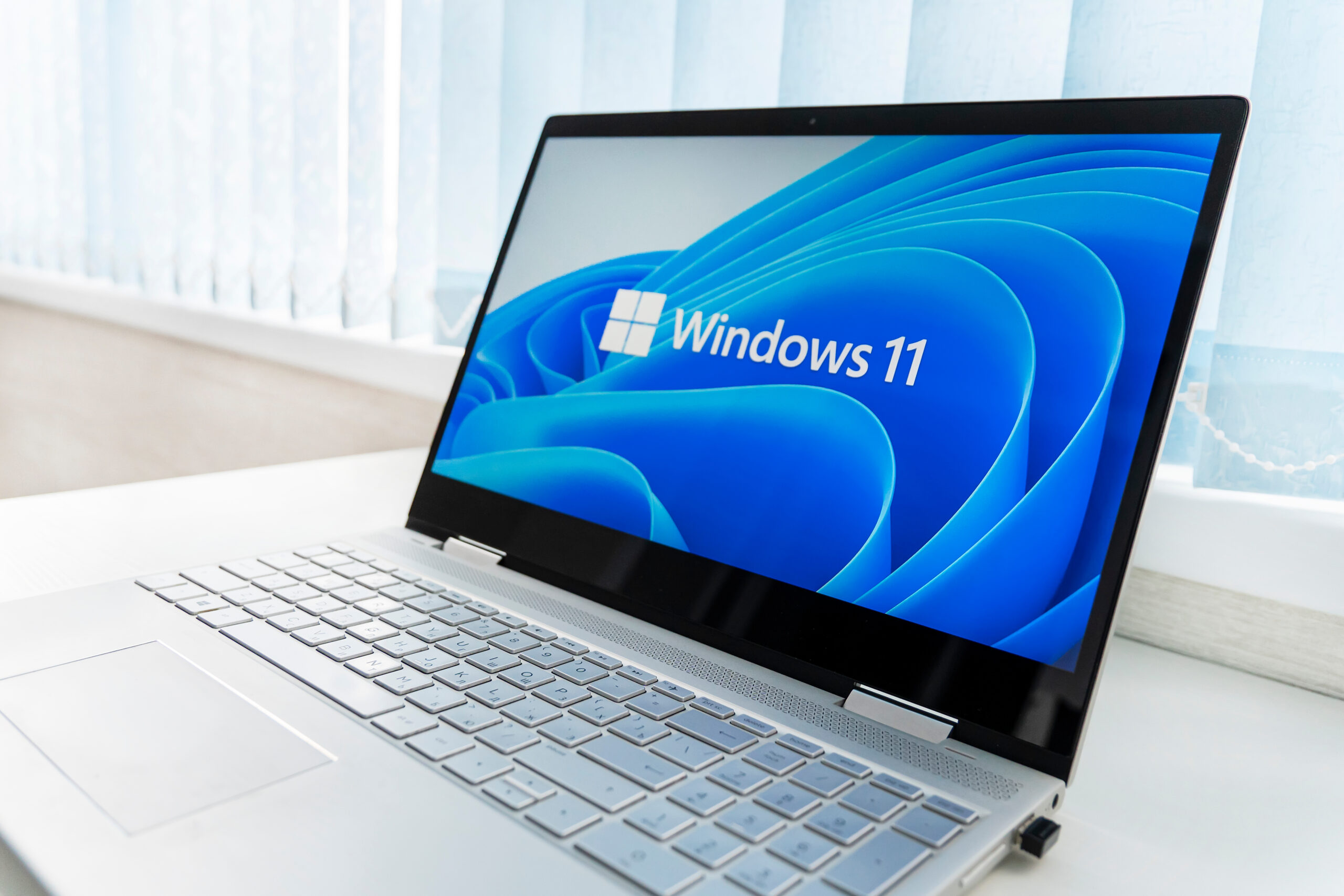Google Workspace and storage updates
Last year, Google announced that unlimited storage for Google Workspace customers would no longer be offered to educational institutions. NC State was recently granted an extension and will follow a slightly different timeline than other institutions.
The Google Service Team is currently reviewing the university’s storage usage and timelines to address the storage quota change. Additional information and guidance will be shared with the campus community in the coming months.
What you can do now
- Review your current storage usage.
- The Drive storage tool provides storage usage for Gmail, Drive and Photos. If you have items that are personal in nature such as photos, move them to a personal Google account.
- While Shared Drives are included in the university’s storage quota, Shared Drives should be used for work and project-related items for easier management and data continuity, especially as employees retire or leave the university.
- Delete multiple copies or versions of files.
Only keep the most recent version of a file unless there is a business need for previous versions. Utilize Google’s versioning for non-native files to avoid unnecessary copies in your Drive.
- Keep your Inbox and Drive clear of unneeded items.
- It’s a good idea to delete email and files that are no longer needed. Deleted items from both individual Workspace accounts and Google generic accounts will remain in trash for 30 days and are recoverable by the user during that time. After 30 days, these files are deleted from your trash and can no longer be retrieved.
- To help meet public records requirements and e-discovery requests, “deleted” email and Drive items go into Google Vault, which is NC State’s governance and e-discovery tool used by OIT Security and Compliance and the Office of General Counsel. If you no longer need the email or file, go ahead and delete it.
What GST is doing now
- Offering email-only accounts to graduates dating back to May 2010. With the new NC State Alumni email-only domain, graduates have the opportunity to transfer content to a personal account and continue using an alumni account for email purposes. Once graduates are notified, the GST will begin disabling their accounts after six months.
- Reaching out to users of Google Workspace individual and generic accounts who have extraordinarily large storage usage.
- Reviewing storage usage based on account type and category to better understand campus usage and needs.
- Considering timelines to meet quota goals.
General backup and storage option considerations
- It is important for students, faculty and staff to understand the security requirements for their data and its classification level in order to select the appropriate storage and backup storage solution. If you are unsure about your data’s classification level, review the Data Management Framework.
- To back up data that is stored on a university-owned computer or mobile device, OIT recommends that you contact your local IT support staff first to see what options they may support or offer.
- Faculty and staff have the option to purchase Code42 (formerly CrashPlan) under a license agreement. Code42 is an easy, self-service backup solution for faculty and staff to back up any university computer or mobile device to meet the special data protection and disaster recovery needs of educational institutions. For purchasing information, visit Software Licensing Management.
- Research data often has different storage and retention requirements. See Research Storage – Office of Information Technology for more information.
- Categories:


